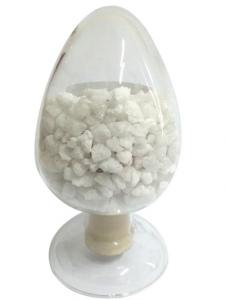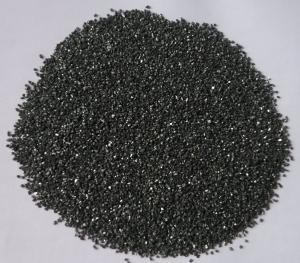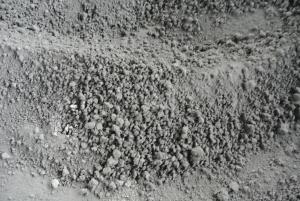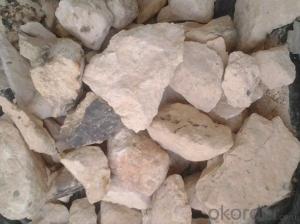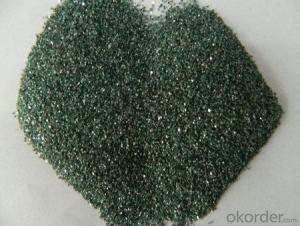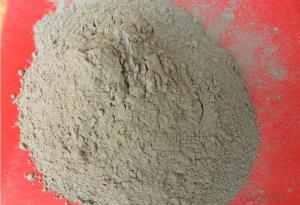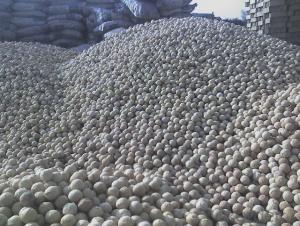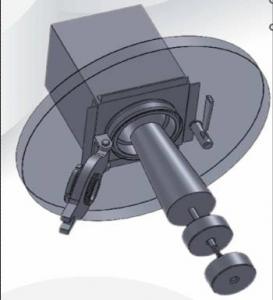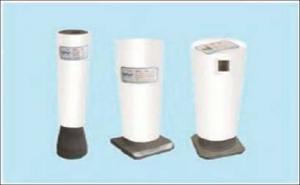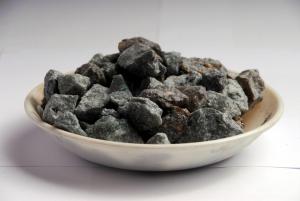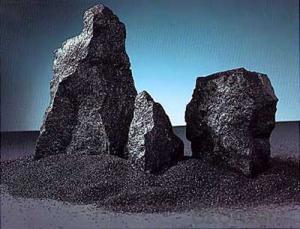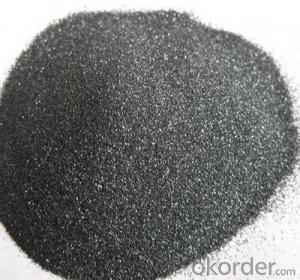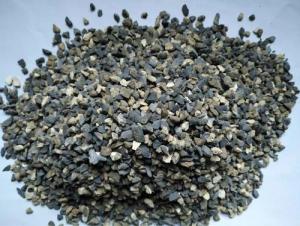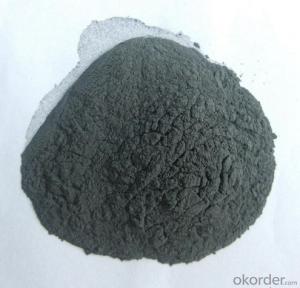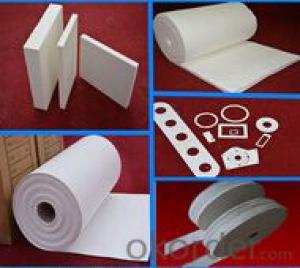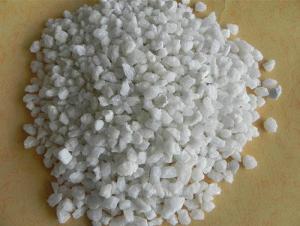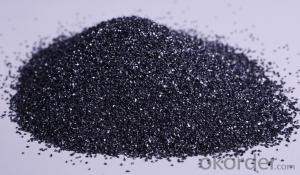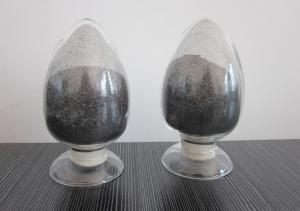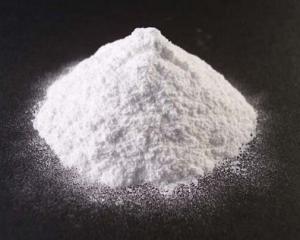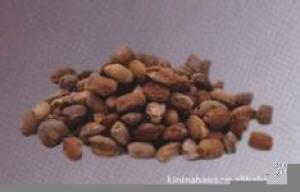All Categories
- - Steel Wire Rod
- - Steel Coils
- - Steel Profiles
- - Steel Pipes
- - Stainless Steel
- - Tinplate
- - Special Steel
- - Steel Sheets
- - Steel Rebars
- - Steel Strips
- - Hot Rolled Steel
- - Cold Rolled Steel
- - Pre-painted Steel
- - Seamless Steel Pipe
- - Welded Steel Pipe
- - Hollow Steel Tubes
- - Galvanized Pipe
- - Stainless Steel Coil
- - Stainless Steel Sheet
- - Stainless Steel Plate
- - Stainless Steel Strips
- - Electrolytic Tinplate Coil
- - Electrolytic Tinplate Sheet
- - Stainless Steel Rebars
- - Solar Panels
- - Solar Water Heater
- - Solar Related Products
- - Solar Inverter
- - Solar Cells
- - Solar Light
- - Solar Energy Systems
- - Solar Controllers
- - Solar Mounting System
- - Solar Pump
- - Solar Chargers
- - Fiberglass Chopped Strand
- - Fiberglass Mesh Cloth
- - Composite Pipes
- - FRP Pultrusion Profiles
- - Fiberglass Mat Tissue
- - Fiberglass Fabrics
- - Fiberglass Mesh
- - Composite Tank
- - Fiberglass Mesh tape
- - Polymer
- - FRP Roofing Panel
- - Fiberglass Roving
- - Monolithic Refractories
- - Ceramic Fiber Products
- - Refractory Bricks
- - Raw Materials For Refractory
- - Suspended Platform
- - Cranes
- - Concrete Machinery
- - Earthmoving Machinery
- - Building Hoist
- - Road Building Machinery
- - Plastic Pipe Fittings
- - Plastic Tubes
- - Plastic Sheets
- - Agricultural Plastic Products
- - Plastic Nets
Q & A
What is the purpose of low-thermal-expansion materials in enhancing refractory durability?
The purpose of low-thermal-expansion materials in enhancing refractory durability is to minimize the adverse effects of thermal stress and thermal shock on the refractory material. By having a low coefficient of thermal expansion, these materials are able to withstand repeated heating and cooling cycles without undergoing significant expansion or contraction. This helps to prevent cracking, spalling, and other forms of damage that can occur due to thermal stress, thereby increasing the overall durability and lifespan of the refractory material.
How does silicon carbide nanoparticles enhance the properties of refractory materials?
Silicon carbide nanoparticles enhance the properties of refractory materials by improving their mechanical strength, thermal conductivity, and resistance to high temperatures. The addition of silicon carbide nanoparticles to refractory materials enhances their overall performance and durability, making them more effective in withstanding extreme conditions such as high temperatures and thermal shocks. The nanoparticles also contribute to reducing the material's vulnerability to thermal expansion and enhance its resistance to chemical corrosion. Overall, the incorporation of silicon carbide nanoparticles enhances the properties of refractory materials, making them more suitable for applications in industries such as metallurgy, ceramics, and aerospace.
What are the different grades of magnesia used in refractory applications?
There are typically three grades of magnesia used in refractory applications: dead-burned magnesia (DBM), fused magnesia (FM), and caustic calcined magnesia (CCM). Each grade has different characteristics and is suitable for specific refractory requirements. DBM is produced by heating magnesite ore at high temperatures, resulting in a dense and chemically stable product. FM is made by melting magnesite in an electric arc furnace, resulting in a high-purity, high-density material with excellent corrosion resistance. CCM is produced by calcining magnesite with caustic soda, resulting in a reactive and high-purity product suitable for certain refractory applications.
Which refractory raw materials are commonly used in the petrochemical industry?
Some commonly used refractory raw materials in the petrochemical industry include alumina, silica, magnesia, and chrome oxide.
Wholesale Raw Materials For Refractory from supplier in Iraq
Our team of experts will work closely with you to understand your specific requirements and provide tailored solutions that meet your needs. We have a wide range of raw materials for refractory products, including high-quality minerals, aggregates, and additives. Whether you need materials for kilns, furnaces, or other refractory applications, we can supply you with the right products.
In addition to our extensive product range, we also offer competitive pricing and flexible payment options to ensure that you get the best value for your investment. Our sales team will provide you with detailed quotations that include all necessary information, such as product specifications, quantities, and delivery terms.
Furthermore, our technical support team is available to assist you throughout the entire procurement process. We can provide guidance on material selection, application techniques, and troubleshooting, ensuring that you achieve optimal performance and durability for your refractory products.
As a subsidiary of CNBM, we have a strong global network and access to reliable suppliers, ensuring consistent product quality and timely delivery. Our years of market development in Iraq have allowed us to establish strong relationships with local partners and gain valuable insights into the industry.
Partnering with us means you will have a dedicated and reliable supplier for raw materials for refractory products in Iraq. Our commitment to customer satisfaction and our expertise in the field make us the ideal choice for your projects. Contact us today to discuss your requirements and let us provide you with the best solutions for your refractory needs.
In addition to our extensive product range, we also offer competitive pricing and flexible payment options to ensure that you get the best value for your investment. Our sales team will provide you with detailed quotations that include all necessary information, such as product specifications, quantities, and delivery terms.
Furthermore, our technical support team is available to assist you throughout the entire procurement process. We can provide guidance on material selection, application techniques, and troubleshooting, ensuring that you achieve optimal performance and durability for your refractory products.
As a subsidiary of CNBM, we have a strong global network and access to reliable suppliers, ensuring consistent product quality and timely delivery. Our years of market development in Iraq have allowed us to establish strong relationships with local partners and gain valuable insights into the industry.
Partnering with us means you will have a dedicated and reliable supplier for raw materials for refractory products in Iraq. Our commitment to customer satisfaction and our expertise in the field make us the ideal choice for your projects. Contact us today to discuss your requirements and let us provide you with the best solutions for your refractory needs.
Hot Search
- Monolithic Refractories in Afghanistan
- Ceramic Fiber Products in Lesotho
- Refractory Bricks in Cameroon
- Raw Materials For Refractory in Guyana
- Raw Materials For Refractory in Azerbaijan
- Raw Materials For Refractory in Albania
- Ceramic Fiber Products in Peru
- Refractory Bricks in Cambodia
- Monolithic Refractories in Greece
- Refractory Bricks in Croatia
